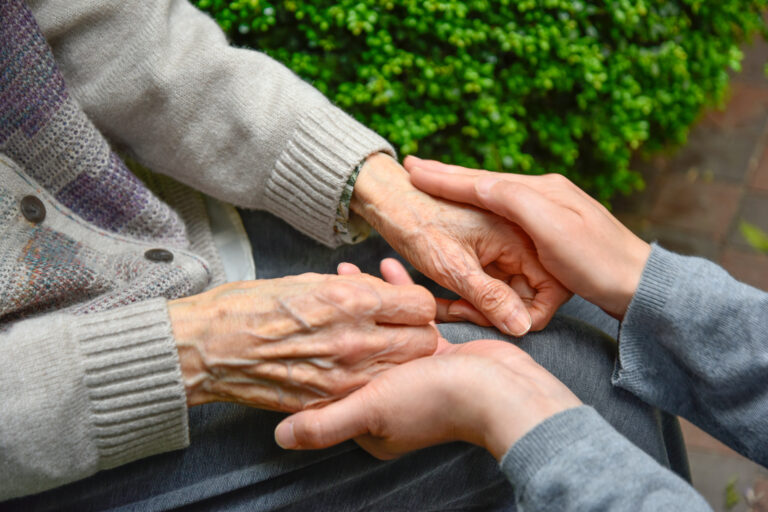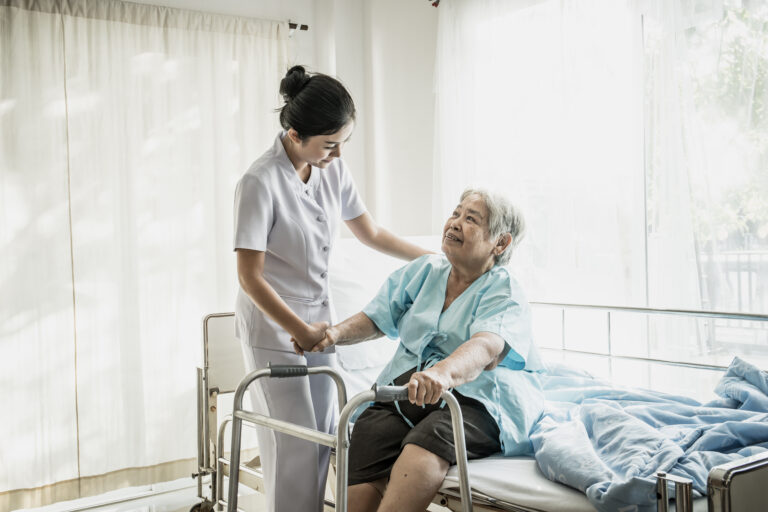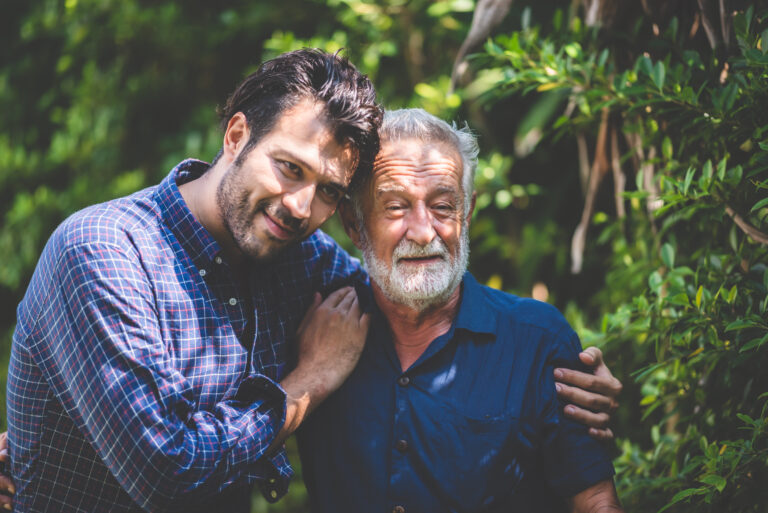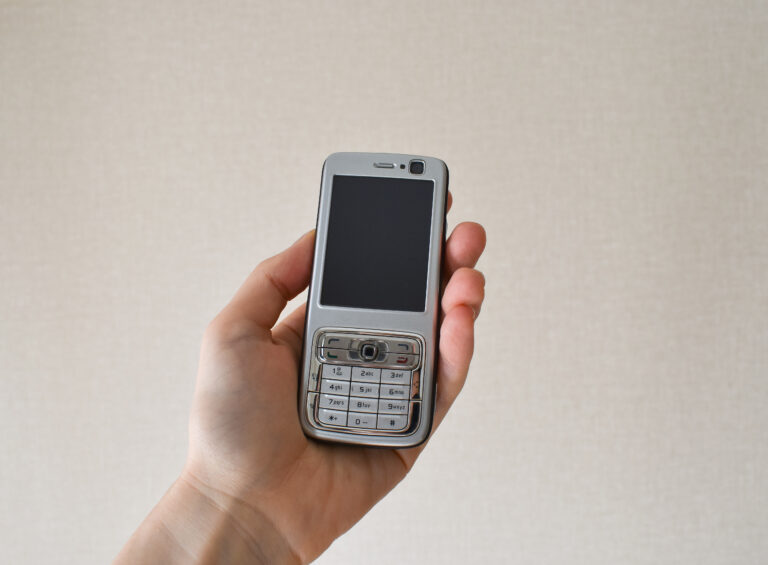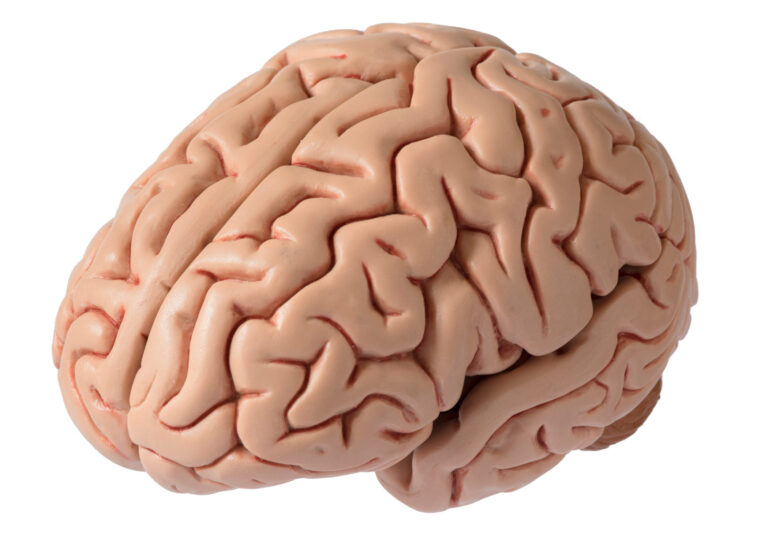Is falling in old age tied to faster brain aging?

Falling in old age is increasingly recognized not just as a physical risk but also as a potential marker or contributor to accelerated brain aging. Research suggests a complex interplay between falls, brain structural and functional changes, and cognitive decline,…

